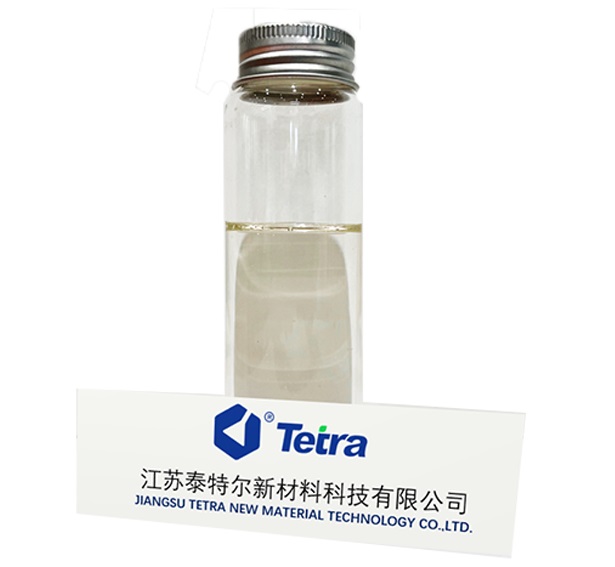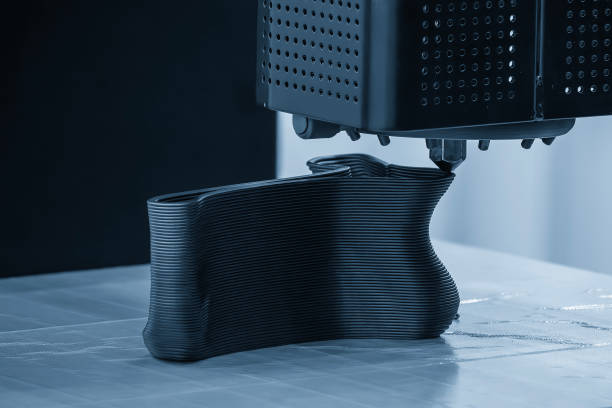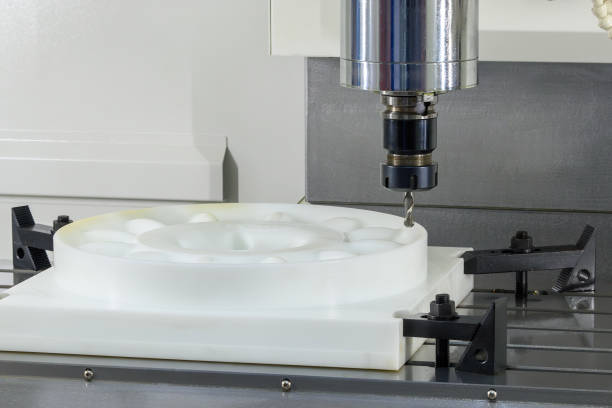Synthetic resin glue is a type of adhesive formulated with synthetic resin as the base, often combined with curing agents, toughening agents, fillers, or thickeners. Common types include phenolic resin glue, urea-formaldehyde glue, epoxy resin glue, and polyurethane glue. Its primary function is to achieve strong and durable bonding between various materials, and it is widely used in woodworking, construction, and electronic encapsulation.
Key characteristics of synthetic resin glue:
High bonding strength: Suitable for structural adhesion and industrial fixation;
Excellent heat and chemical resistance: Adaptable to harsh environments;
User-friendly application: Some formulations cure at room temperature.

As such, synthetic resin glue serves not only as a functional material but also as an indispensable bonding medium in many manufacturing processes.
In contrast, liquid synthetic resin is typically regarded as a raw material or forming medium, mainly used in potting, casting, or molding processes. It usually has a low to medium viscosity and undergoes cross-linking upon the addition of a curing agent, forming a solid with structural integrity and mechanical strength.
Advantages of liquid synthetic resin:
Excellent flowability and processability: Ideal for pouring into complex-shaped molds;
Uniform and dense structure after curing: Often used for electrical insulation and as a matrix in composites;
High formulation flexibility: Properties can be tailored by adding functional fillers or modifiers.

Therefore, liquid synthetic resin plays a foundational role in material forming and structural manufacturing.
| Comparison Category | Synthetic Resin Glue | Liquid Synthetic Resin |
|---|---|---|
| Primary Function | Adhesive for joining different materials | Base material for casting or forming structures |
| Typical Application | Bonding in woodworking, electronics, construction | Potting, molding, insulation, composite material base |
| Processing Method | Mixed and applied manually, usually pressure-cured | Molded or cast, often poured into a mold |
| Performance Focus | Adhesion strength and durability | Mechanical strength and structural integrity after cure |

With the advancement of green manufacturing, smart electronics, and new energy technologies, the demand for both adhesives and formable materials continues to rise. Synthetic resin glue and liquid synthetic resin are expected to play vital roles across different sectors. Future development will focus on:

Molecular structure optimization
Low-VOC (volatile organic compounds) formulations
Advancement in thermal and UV curing technologies
These innovations will further expand the performance boundaries of both materials, ensuring their adaptability to evolving industrial requirements.